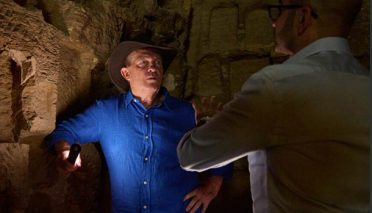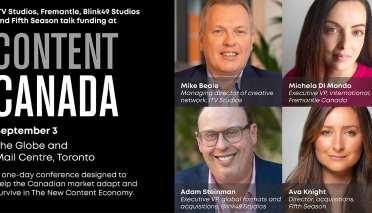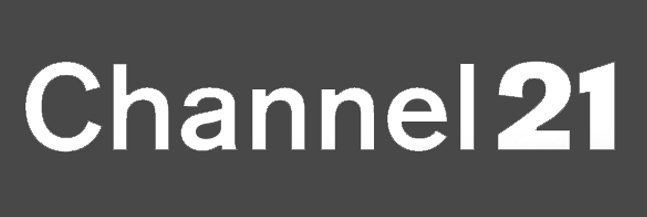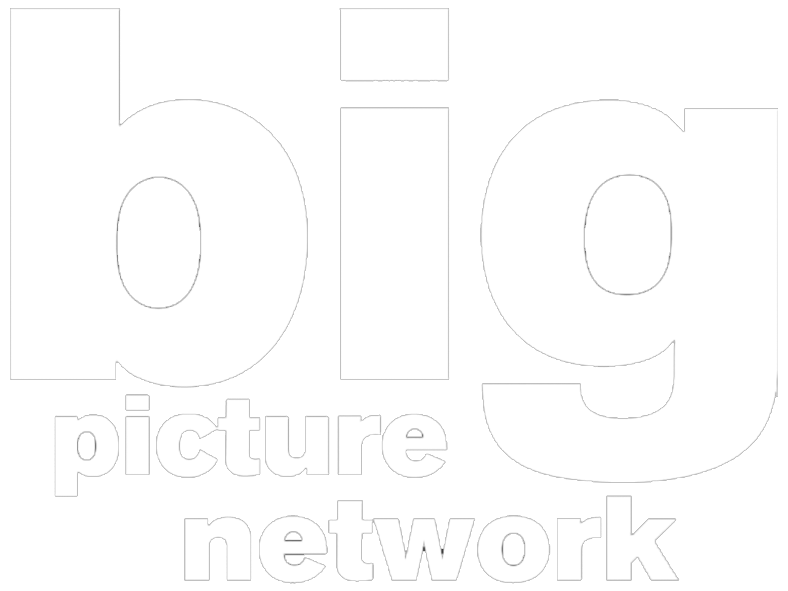Karl Warner, the former head of youth and digital at Channel 4, has taken up a new role at BBC Studios, having gained invaluable experience specialising in breaking new formats and partnering with brands online.
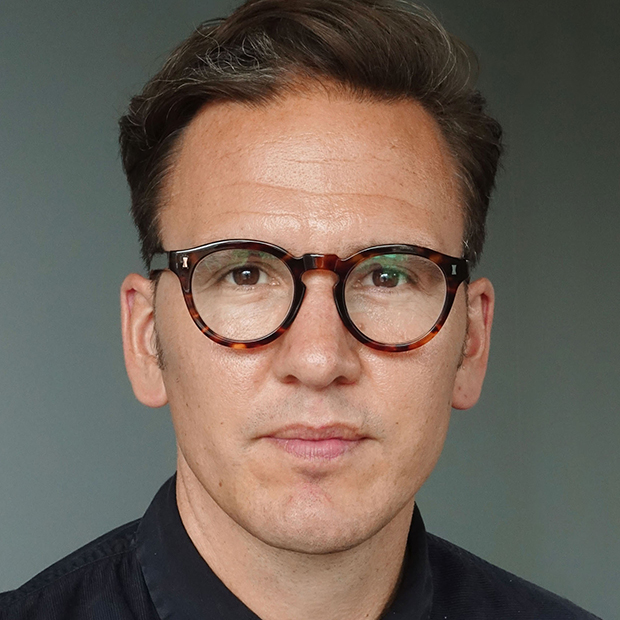
Karl Warner
Karl Warner is no stranger to a digital-first commission, having spent the past three years as head of youth and digital at Channel 4 (C4) as it began ramping up its ambitions to become the world’s first digital-first public service streamer by 2030, led by Channel 4.0.
Warner, who joined C4 in 2018 as controller of youth-skewing brand E4, left the UK commercial public service broadcaster in May and is now preparing to take up a new role spearheading a fledgling UK-based creative unit for BBC Studios (BBCS)’s global entertainment business.
Warner’s arrival at BBCS marks his return to the pubcaster, where he spent six years after becoming its youngest ever commissioning editor, aged 26, in 2007.
As executive VP of UK entertainment and digital development at BBCS, Warner’s new team will be tasked with creating IP and formats for the BBC as well as other UK and global platforms.
His unit will also partner with BBCS global entertainment teams around the world, particularly in the US, to reimagine international ideas for the UK market that will be produced by the new entertainment production business led by Suzy Lamb, MD for UK entertainment. He will report to global entertainment MD Matt Forde.
Speaking before the announcement confirming his move to BBCS, Warner discussed the importance of production companies pursuing a digital-first strategy to “futureproof” their business on social platforms such as YouTube, TikTok, Facebook and Instagram with branded entertainment.
“It’s a space that all companies should be looking at given the huge growth in the area,” said Warner, pointing to the abundance of new talent, formats and distribution deals being done. “It’s a must for all producers to really understand it, because it’s where the audience is moving.”
Warner compares it to the situation he found himself in during the mid-2010s, when he ran the Sony Pictures Entertainment-backed production company Electric Ray. Having initially focused on primetime entertainment, the company diversified into more low-cost daytime programming.
His arrival at BBCS comes as the scripted and unscripted giant uses its huge scale, catalogue of IP and talent relationships to grow its digital footprint (see pages 29 and 183). Warner believes digital platforms are “brilliant” places to incubate formats and gain proof of concept.
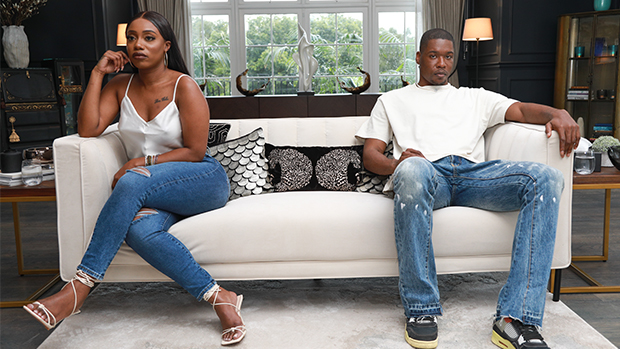
Couples counselling show Blue Therapy
Warner points to Blue Therapy, a couples counselling show that began on YouTube before migrating to E4 and becoming one of its most popular series. The UK show, produced by Luti Media, has since been sold to buyers including BET+ in the US by All3Media International, which also handles format rights.
However, Warner admits it remains hard to monetise formats that have originated online compared with the heyday of territory-by-territory sales.
“The rights position isn’t always as favourable as when you go directly to traditional linear or VoD-based commissioning teams,” said Warner.
“It’s a very different marketplace to 10, 20 or 30 years ago when lots of the big indies we know today emerged. Then those gun-for-hire models worked really well for production companies, particularly when Netflix first turned up and was paying a premium for rights.
“You’d sacrifice some of the distribution potential of a format knowing you got an upfront fee. That isn’t necessarily the case so much now and it’s getting tighter and tighter and it’s more competitive than ever.
“I still think digital is a really exciting space for producers or storytellers to explore, not just as a new revenue stream but as a way to access and develop new talent, new formats and to grow an audience. Owning an audience is more valuable in some ways then owning a format.
“The return on investment on the commissioning side is to grow an audience that is super engaged and young that you can then leverage with brands and sponsors longer term. That’s where it makes sense.”
Meanwhile, pitfalls remain in migrating a format from digital to linear and assuming the online audience will follow.
“We’ve seen examples in the past where people have moved creators with big audiences on YouTube across to linear and it’s just not worked. It’s felt like that sort of production filter that’s put on the content, inadvertently, has created some sort of barrier between the show and the audience,” said Warner.
“But with Blue Therapy, the team did a brilliant job transferring the audience and maintaining the authentic tone and feel it had when it was a YouTube-first series. You have to be very respectful of the audience a show has established.”
Warner admits the model remains “messy.” But producers, from the smallest indies to his future employer, can’t afford to ignore the opportunities in digital.








